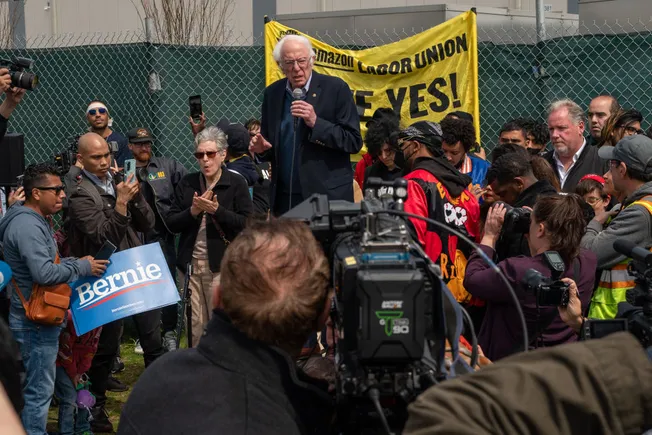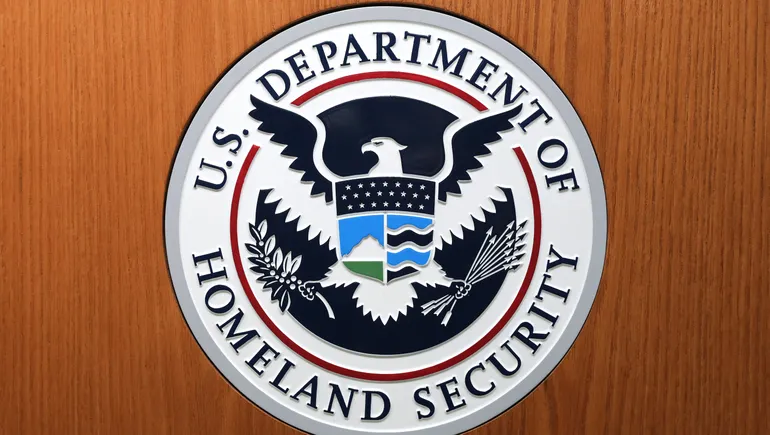After a negative application or interview experience, 51% of people are less likely to be a consumer of a brand, according to a Sept. 24 report from iCIMS, signaling the importance of employer brand even from the start.
Most job seekers said they expect a short hiring process and communication about next steps. Both job seekers and recruiters also said they’re using artificial intelligence tools in the process.
“Now is the time for TA to flex that preparedness muscle and get ready for when those hiring gates swing back open,” Laura Coccaro, chief people officer at iCIMS, said in a statement. “Whether it’s streamlining operations, fostering company culture or providing a personalized and consistent candidate experience, this data empowers HR teams to take a proactive approach in building a workforce that thrives.”
In surveys of 500 U.S.-based talent acquisition professionals and 1,000 U.S. job seekers, 70% of candidates said they expect the full hiring process — from application to offer — to take three weeks or less. About 40% said their most recent job search was quick and easy, while 9% called it depressing and hopeless.
In addition, 44% of job seekers said they expect communication about next steps in the application process, rather than being ghosted. About 45% of recruiters said they provide status updates every two weeks, primarily by email (48%) or phone (30%).
To speed up the hiring process and communicate more frequently, recruiters are using AI to automate workflows and save an average of 2.5 hours per week, iCIMS found. Among AI use cases, 30% of recruiters are using it to write job descriptions, 36% to match skills to job openings, 36% to develop interview questions and 39% to match former candidates to newly open jobs.
Job seekers are using AI, too. About 51% of millennials and 55% of Generation Z candidates said they use generative AI tools to write resumes, cover letters or other job application queries. Although 64% of recruiters said they’d like to see more AI use in the recruitment and talent acquisition process, 87% said they believe candidates using AI for job applications and interviews raises red flags.
Generative AI tools can help HR pros write numerous documents, including job postings, employee handbooks, offer letters, employment contracts and collective bargaining agreements, according to experts at SHRM Inclusion 2023. Although HR teams may support AI use for many of their repetitive tasks, they may be unsure how to approach or evaluate candidates who use AI during the application process, potentially creating a sort of double standard.
But overall, clear communication can improve the application process for candidates. About 75% of job applicants said they don’t hear back from an employer after applying and 60% don’t hear back after an interview, according to data from the Human Capital Institute. Employers can use technology and automated processes to send updates at touchpoints along the process, including content about the company, so candidates don’t feel ghosted.
HR can also elevate company branding through recruitment and partnerships, according to the chief people officer at Fanatics. Education and skill-building opportunities, for instance, can boost brand recognition and applicant reach.






Leave a Reply